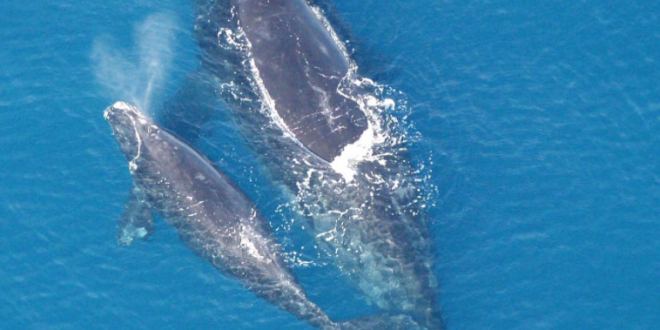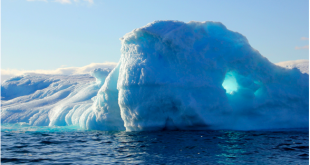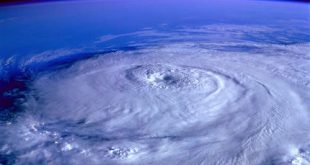Submitted by: Aimi Wen
Babies. Vulnerable and naive. Yet, they are so important to the survival of a species. Humans, of course, have enough babies– millions and millions of them in fact. However, other animals are not quite so lucky. Baby whales–otherwise known as calves–have always been in short supply, especially since their populations are constantly threatened by human activity in the ocean. However, even as many of their populations drop, with fewer and fewer calves appearing each year, one particular population of whales are facing an incredibly ominous future: the North Atlantic Right Whales.
So far this year, no calves of their species have been spotted. Zero. Zilch. Nothing. Researchers and conservationists have continually combed through feeding grounds where calves are usually sighted, but they have spotted nothing. The North Atlantic Right Whales’ calf population have been steadily decreasing since 2011, but no one has predicted such a dramatic drop as this one. This year, seventeen known deaths, usually by blunt force trauma from a ship, have been recorded off the coast of Canada and United States. Only 450 Right Whales are left, and less than 100 of them are females that are capable of breeding. While breeding female numbers are certainly low, there are certainly enough to produce whale calves. So why are these females not having calves?
As with many environmental issues, the answer is humans. Human activity may be causing the female whales to undergo stress, preventing them from gaining the weight necessary to become pregnant. In the interest of catching as much fish as possible, people have carelessly thrown out long fishing lines, nets, and fishing wires. All of these are known to entangle whales and cut through their flesh, leaving them to slowly die. Additionally, the boats that fish and ship goods create significant amounts of noise pollution, which is amplified in the waters. This deadly combination are putting the female whales under stress.
According to whale conservationists, if there is no intervention for these Right Whales, they will die out in 20 years. This big glorious animal will soon be gone.
 Tempus Magazine By Students, For Students
Tempus Magazine By Students, For Students 



